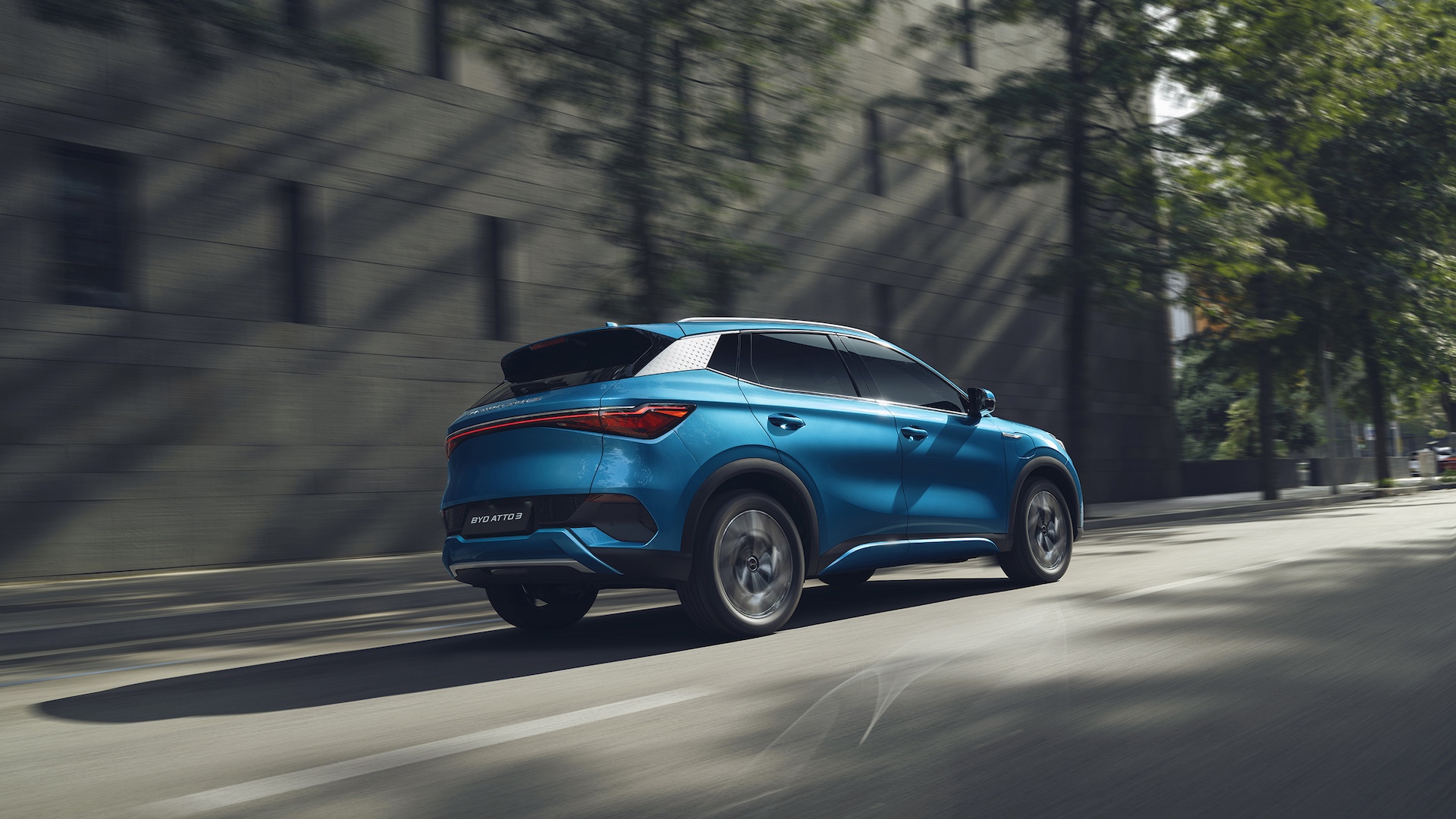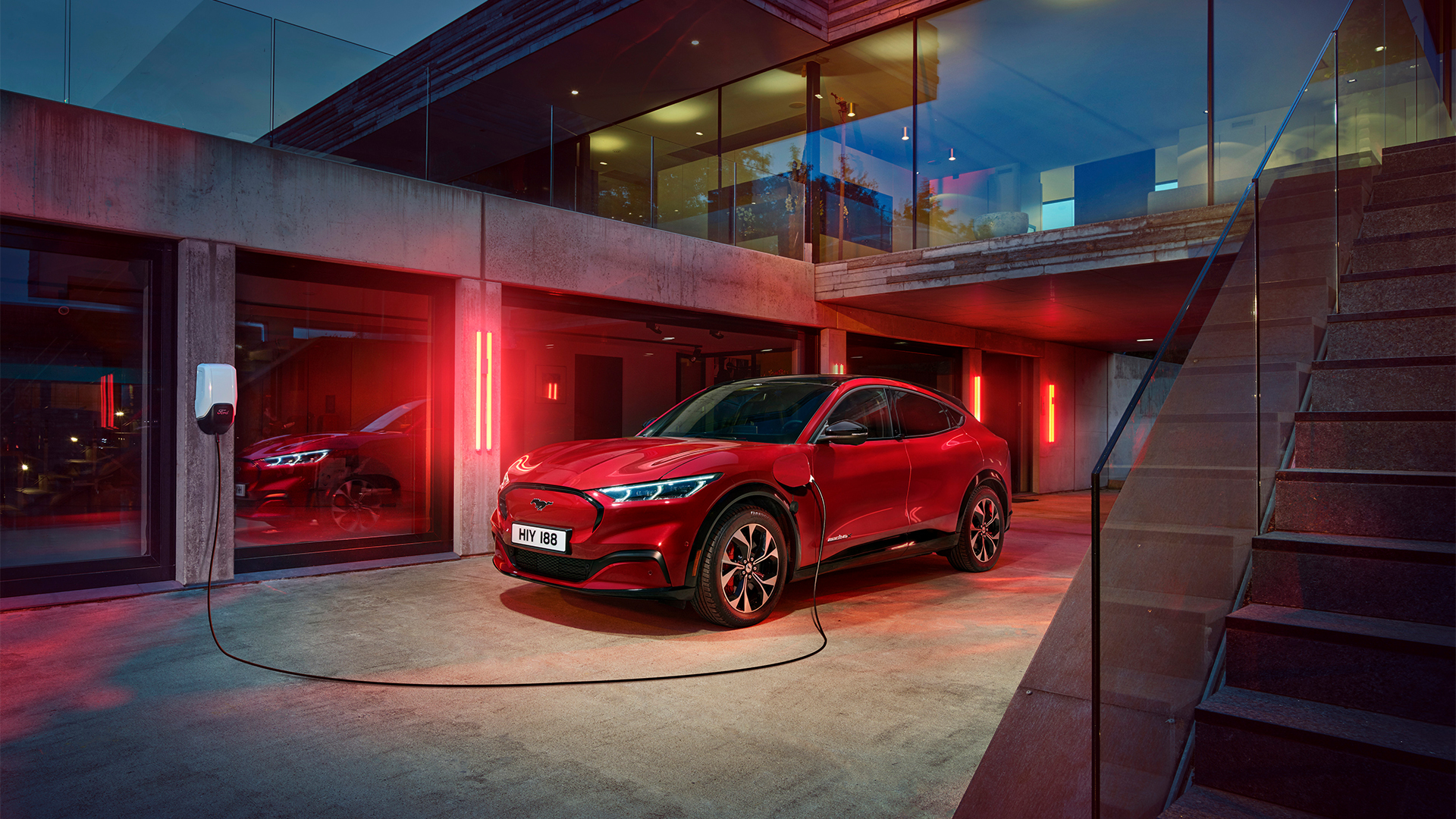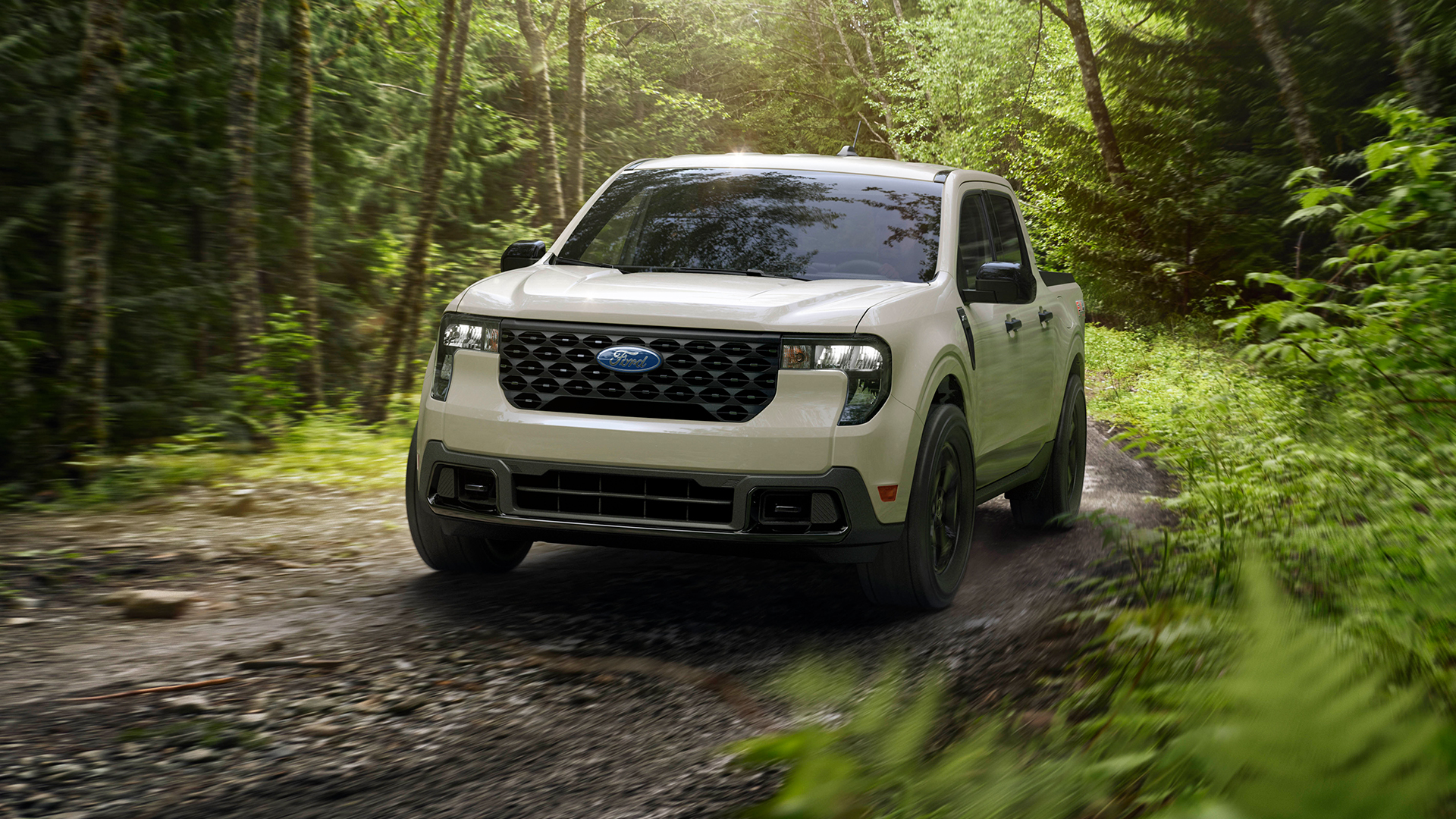US ramps up pressure on Chinese EV imports as it proposes ban on products that pose threat to national security
Connected tech ban could rule out sale of Chinese and Russian cars

Sign up for breaking news, reviews, opinion, top tech deals, and more.
You are now subscribed
Your newsletter sign-up was successful
The US Government continues to pile the pressure on Chinese EV makers, with the Biden administration proposing new rules that could block the sale or import of connected vehicles hailing from China and Russia.
Stating national security concerns, the Department of Commerce has proposed a new rule that would prohibit select Chinese software and hardware from American roads. This would include the potential banning of new sales, as well as the removal of said hardware and software from existing road-going vehicles.
The move follows an investigation instigated by President Biden, which tasked the Department of Commerce with looking into the potential security threat that technology from both China and Russia could pose if it were to be remotely manipulated with malicious intent.
According to Reuters, the new rules would make software prohibitions effective on 2027 model-year vehicles. The hardware ban would take effect in the 2030 model-year, or as early as January 2029.
There will now be a 30-day period that allows interested parties to comment on the proposals, but the Department of Commerce hopes to have rules in place by January next year.

The US is cracking down on the potential security threat posed by connected technology, with White House National Security Adviser Jake Sullivan saying the US has ample evidence of China pre-positioning malware in critical American infrastructure, according to the Reuters report.
The potential blacklisted technology includes connected cameras, microphones and GPS equipment manufactured in China, as well the hardware and software required for increased levels of self-driving.
Sign up for breaking news, reviews, opinion, top tech deals, and more.
Rather than wait for a time when cheaper Chinese EVs are prevalent in North America, the current administration wants to clamp down on the issue before it becomes a problem.
"With potentially millions of vehicles on the road, each with 10- to 15-year lifespans the risk of disruption and sabotage increases dramatically," Sullivan said in a briefing.
Kiss goodbye to cheap Chinese EVs

Should the proposed legislation come into force early next year, it will almost certainly be the final road block to more affordable electric vehicles from the likes of BYD, Ora, and Nio entering the US market.
The Biden administration has already attempted to tax them out of existence, increasing tariffs on Chinese-made EVs from 25% to 100% earlier this year. President Biden hoped the move would stop – or at least slow down – the threat they pose to the domestic car market.
But the shift to banning both Chinese-made software and hardware could have a wider impact on the new car market in general, with any manufacturer using the blacklisted tech forced to find new suppliers, which will almost certainly lead to delays in deliveries.
Not deterred by the increasing pressure piled on by the Biden administration, Chinese companies like BYD have been exploring the option of buying or building new manufacturing bases in Europe, Mexico and Africa in order to avoid the taxation and exploit trade loopholes.
However, this renewed focus on national security will make it almost impossible for Chinese and Russian automotive business to sell vehicles and connected tech in the USA, joining an expanding list of potentially blocked items that includes new drones from Chinese manufacturer DJI and select telecommunications equipment from Huawei and ZTE.
With US automakers dragging their heels on electric vehicles (Ford has delayed most of its new battery-powered models), the recent move by the Biden administration will likely have a dramatic impact on the speed of EV adoption within the country.
While undoubtedly North America is a key market for any emerging automotive brand, BYD is already among the top-selling EV makers in Brazil, Mexico, and Southeast Asia, with eyes on dominating Europe and South America next, which could mean a US ban could ultimately have only a limited effect on Chinese companies.
you might also like

Leon has been navigating a world where automotive and tech collide for almost 20 years, reporting on everything from in-car entertainment to robotised manufacturing plants. Currently, EVs are the focus of his attentions, but give it a few years and it will be electric vertical take-off and landing craft. Outside of work hours, he can be found tinkering with distinctly analogue motorcycles, because electric motors are no replacement for an old Honda inline four.